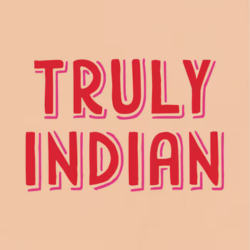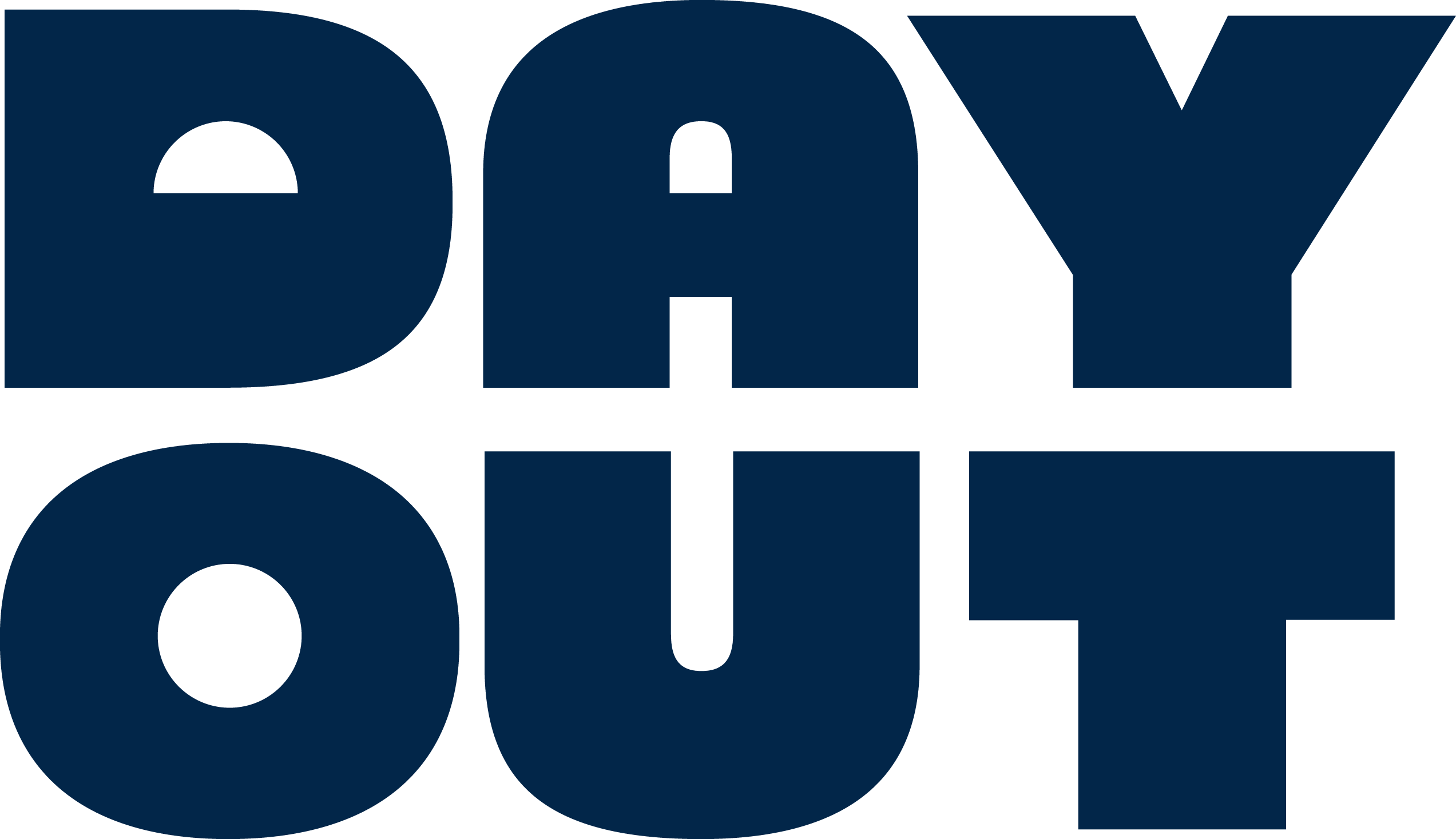Dive Brief:
-
Good Day Chocolate, a line of functional chocolates, recently finished a one-year exclusive contract with Whole Foods, according to Project NOSH. The company raised additional funds and has signed up with numerous other retailers, including Sprouts, Nugget Market and Fairway.
-
Good Day started out sourcing to 20 Whole Foods stores in Colorado in November 2014, then went chain-wide a year later in exchange for an exclusive agreement. Whole Foods stocked the chocolates in its supplement section as well as at cash registers.
- The high level of interest, according to Good Day and its backers, is because it straddles two high-growth categories: snacks and supplements. It also generates high sales volume for its small size, Good Day founder Simeon Margolis told Project NOSH.
Dive Insight:
Retail exclusive products include everything from emerging brands like Good Day Chocolates to celebrity-endorsed products and special line extensions from well-known manufacturers. Earlier this year, Hy-Vee began exclusively stocking Mark Wahlberg’s Performance Inspired Nutrition brand of workout bars and supplements. Back in 2015, Giant got first dibs on Restaurant: Impossible Chef Robert Irvine’s line of packaged meals.
Target, which carries many exclusive items in its home and beauty departments, has done the same in its grocery aisles with established companies like Annie’s and Ben & Jerry’s. A few years ago, the company staged a massive rollout of exclusive products from better-for-you brands across numerous store categories.
Retailers love product exclusives. They offer a differentiation point for stores and can draw shoppers loyal to a particular brand or type of product. With high-profile brands like those endorsed by Irvine and Wahlberg, retailers can run big, splashy launch events. In February, news stations throughout Des Moines carried footage of Wahlberg walking the aisles of a new Hy-Vee store with CEO Randy Edeker.
For manufacturers, the appeal is less clear-cut. On one hand, an exclusive offer indicates a vote of confidence from a retailer. It’s also a chance for suppliers to test the market and to hone their business on a more limited scale. On the other hand, if a product is so great, why limit it to just one retailer?
Good Day Chocolates is an example of an emerging brand that used an exclusive agreement to help step up its growth. Originally sold to just twenty Whole Foods stores, Good Day expanded chain wide, and over the course of its year-long exclusive was able to improve its business and line up financing for further expansion. Both sides benefited: Whole Foods got a hot product, while Good Day built its brand with a leading natural and organic retailer.
As grocers continue to seek out lesser-known brands, exclusive offers will be a key strategy. Manufacturers, meanwhile, will need to consider what they’re getting in return. Are they getting prime shelf placement? Is the retailer’s audience the audience they want to reach. And most importantly: Will agreement grow brand interest and help the company transition to the next step?










